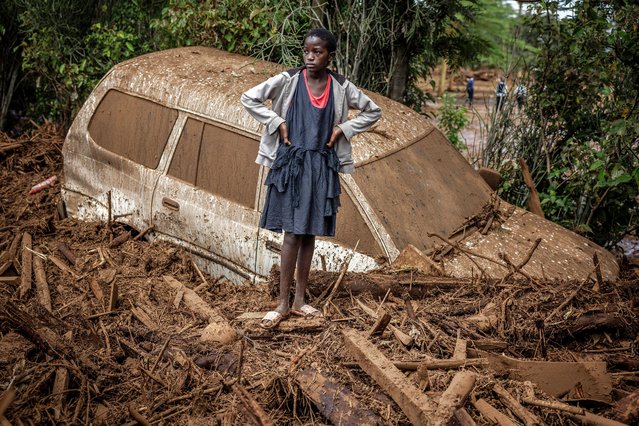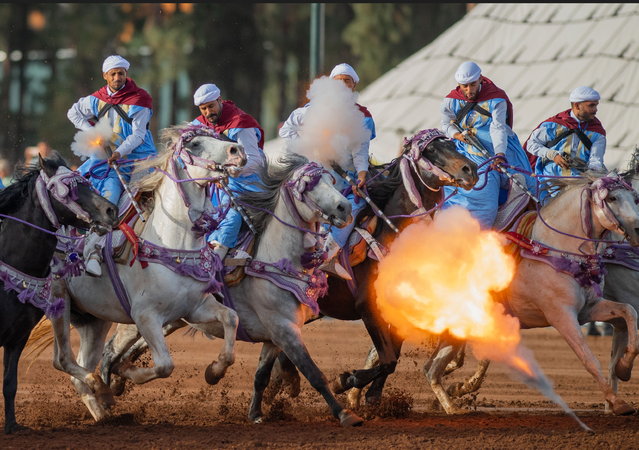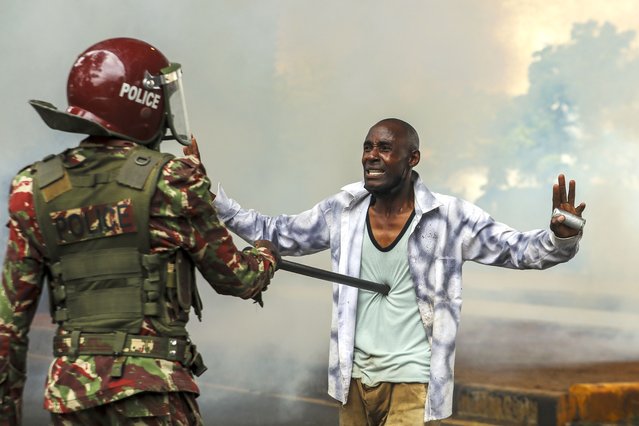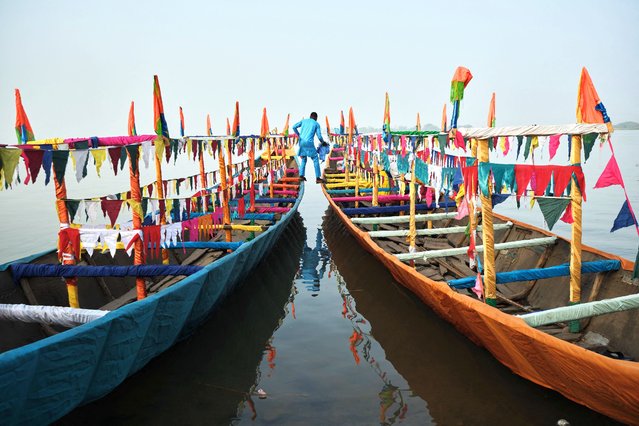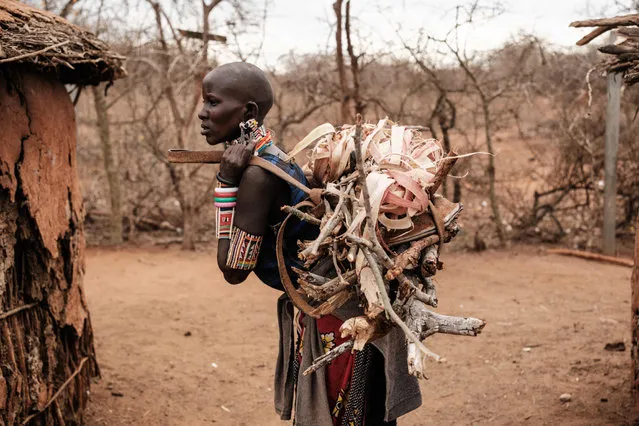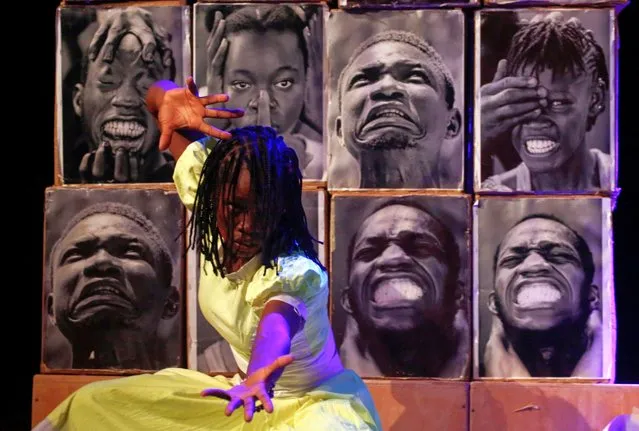
A member of the Fientan group, a contemporary dance company of young deaf and mute people from Burkina Faso, performs during the Market for Performing Arts in Abidjan (MASA), at the Culture Palace in Abidjan, Ivory Coast on April 17, 2024. (Photo by Luc Gnago/Reuters)
27 Apr 2024 05:34:00,post received
0 comments

